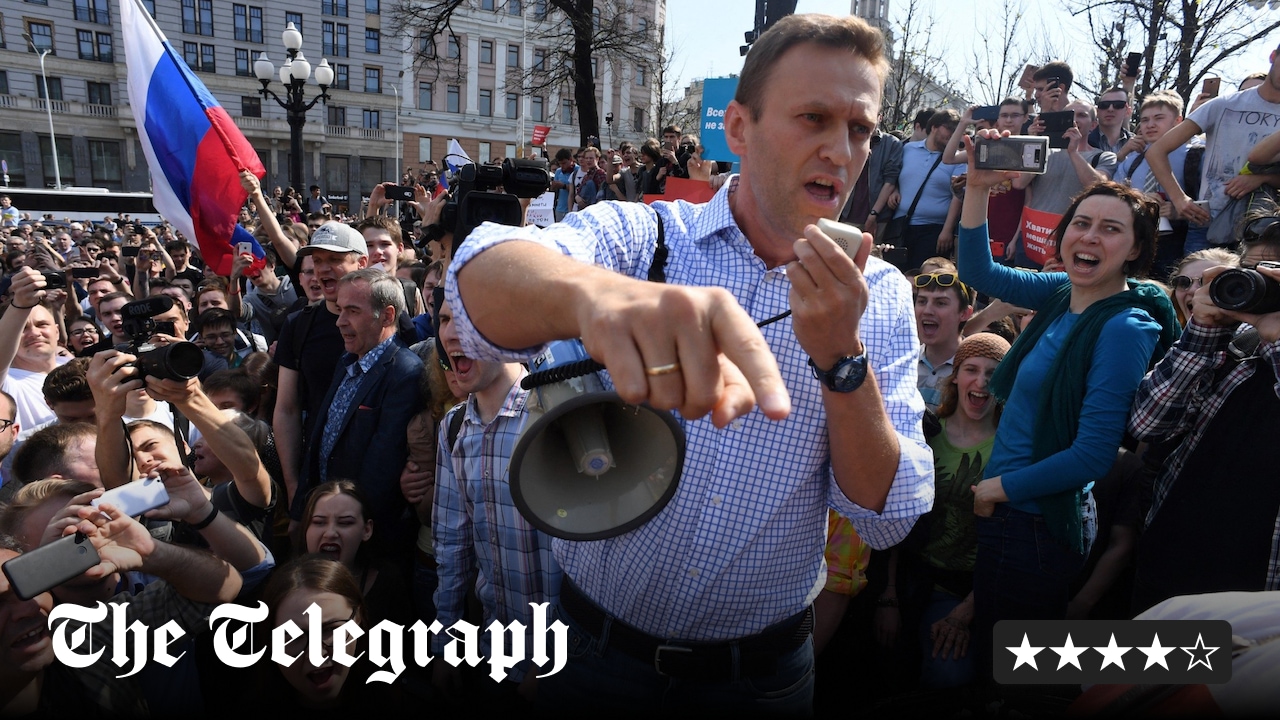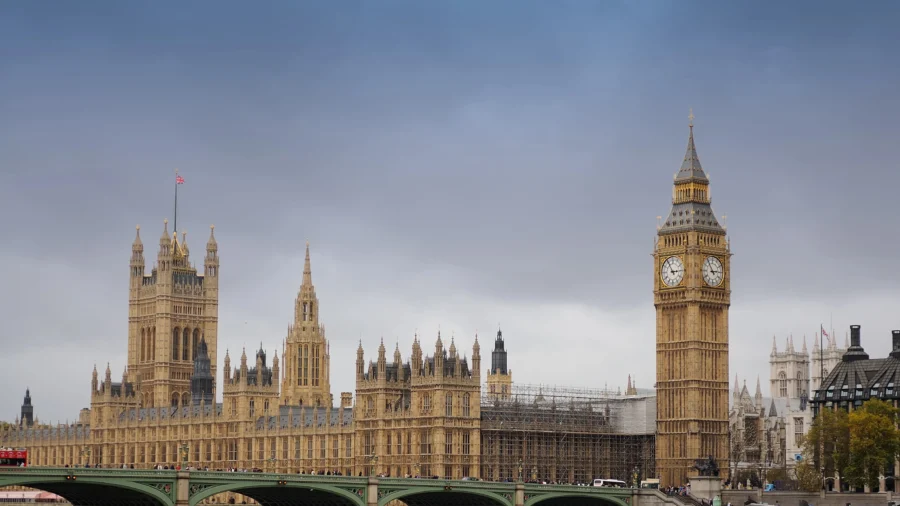The question that persists with Alexei Navalny, the Russian dissident who died in a prison camp in February, is: having managed to escape his homeland, what on earth persuaded him to return? A constant and effective critic of the tyranny Vladimir Putin has since the 2000s imposed on the Russian people, Navalny barely survived a deadly assassination attempt while on a domestic flight in 2020. He was poisoned with the nerve-agent Novichok, the same as was used in the Salisbury attack in 2018. Only through the intervention of a team of German medical specialists, and his rapid evacuation to a specialist unit in a Berlin hospital, did Navalny survive. The Kremlin had every right to assume that if he pulled through, he would never return home.
But Putin and his security apparatchiks hadn’t bargained on Navalny’s commitment to exposing their corruption and brutality. Navalny immediately made it clear that, once he’d made a full recovery, he would return to Russia and resume his campaign. It was an extraordinary decision, and one that would cost him his life. For, as Navalny recalls in Patriot, his gripping posthumous account of his long confrontation with Putin, within minutes of landing in Moscow in January 2021, he was detained by the Russian security forces, then confined to a series of penal colonies. He would die at camp FKU IK-3, nicknamed “Polar Wolf”. This book, which he had been writing since 2020, has now been published by his widow Yulia, and their fellow anti-corruption activists.
Navalny was repeatedly asked, as he lay recovering in Germany, whether he intended to return to his homeland. “What a dumb question,” he told Yulia, who was handling media queries on his behalf. “Of course I will.” By this stage in his two-decade career of dissidence and activism, he had convinced himself that international notoriety would ultimately keep him safe. “The better known I am,” he wrote, “the more difficult it will be for them to kill me.” Given the Kremlin’s complicity in neutralising other prominent critics, such as Boris Nemtsov, a close acquaintance of Navalny’s who was shot dead in 2015 just 200 metres from the Kremlin, Navalny’s confidence was woefully misplaced.
He only acknowledged what was going to happen in one of his final diary entries, from January this year, just a few weeks before the prison authorities announced that while undertaking daily exercise, he’d mysteriously collapsed and died. Writing on January 9, Navalny had a chilling premonition, saying that the idea that Putin would be satisfied “with the simple fact of having me in a cell in the far north” was “naive”. And in his final diary entry, dated the following week – the third anniversary of his return to Russia, a month before the announcement of his death – he explained that he returned because “I have my country and my convictions. I don’t want to give up my country or betray it. If your convictions mean something, you must be prepared to stand up for them and make sacrifices if necessary.”


